Plot and setting are two essential elements of storytelling. Read tips, examples and exercises to make time and place drive story development:
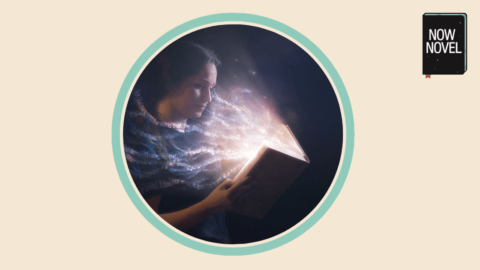
Plotting a story well ensures cohesion and connection between story events.
Find every article on plotting in Now Novel’s archives here.
Read helpful questions for plot development, and learn how to avoid common plot pitfalls. Learn what makes a good plot, and read plot structure examples that show how to connect story events in practice to tell a gripping story.

Plot and setting are two essential elements of storytelling. Read tips, examples and exercises to make time and place drive story development:
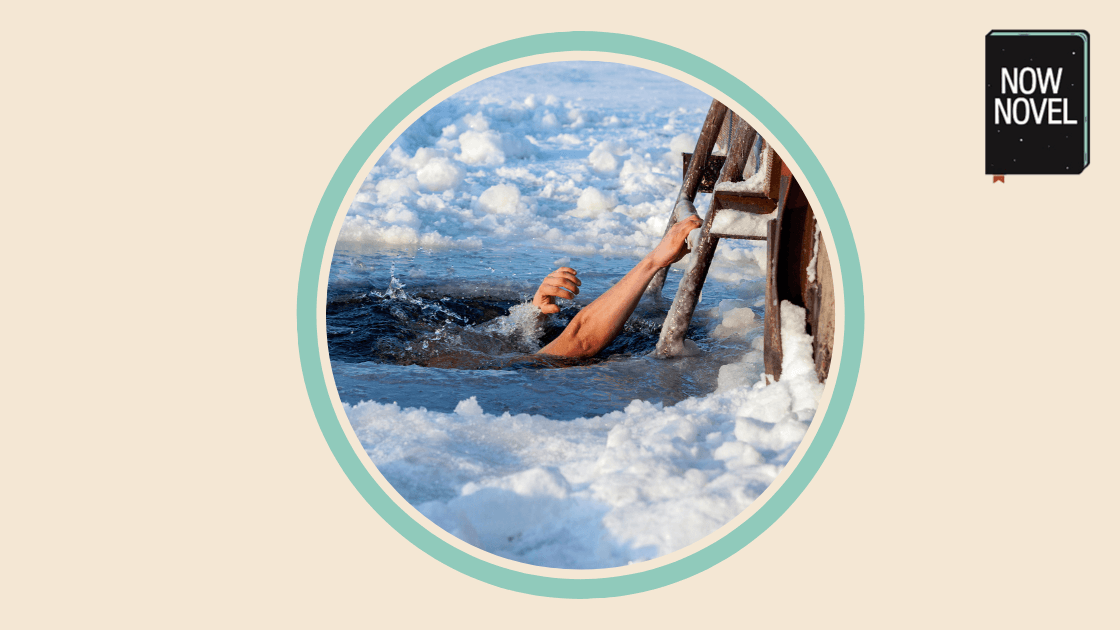
A plot hole, like a glaring grammar or typographical error, takes your reader out of the story. Read definitions of types of plot holes, plus 7 tips to avoid and fix them:

What makes a plot keep you turning pages? Plot has many moving parts. Incidents and elaborations, causes and effects, doubling back and forecasting approaching events. Learn more about the relation between ‘plot’ and ‘story’ and ways to make your plot more captivating:

Finding a great story premise that excites you and motivates you to write is a great win. Yet finding how to turn a premise into a plot with greater detail is trickier. Try these 7 tactics to build your story idea into an engaging narrative:
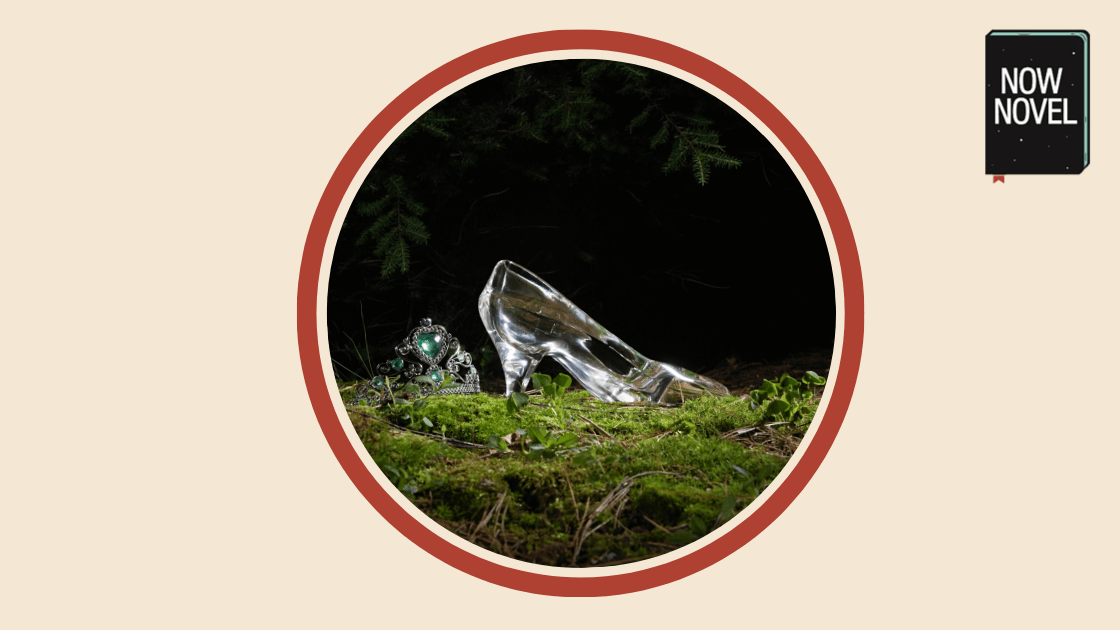
How do you find the plot of a story from a broad situation? Brainstorming scenarios – specifically the best- and worst-case outcomes in a given situation – helps to find plot details. To brainstorm a plan for high and low points in characters’ arcs, try these tips:
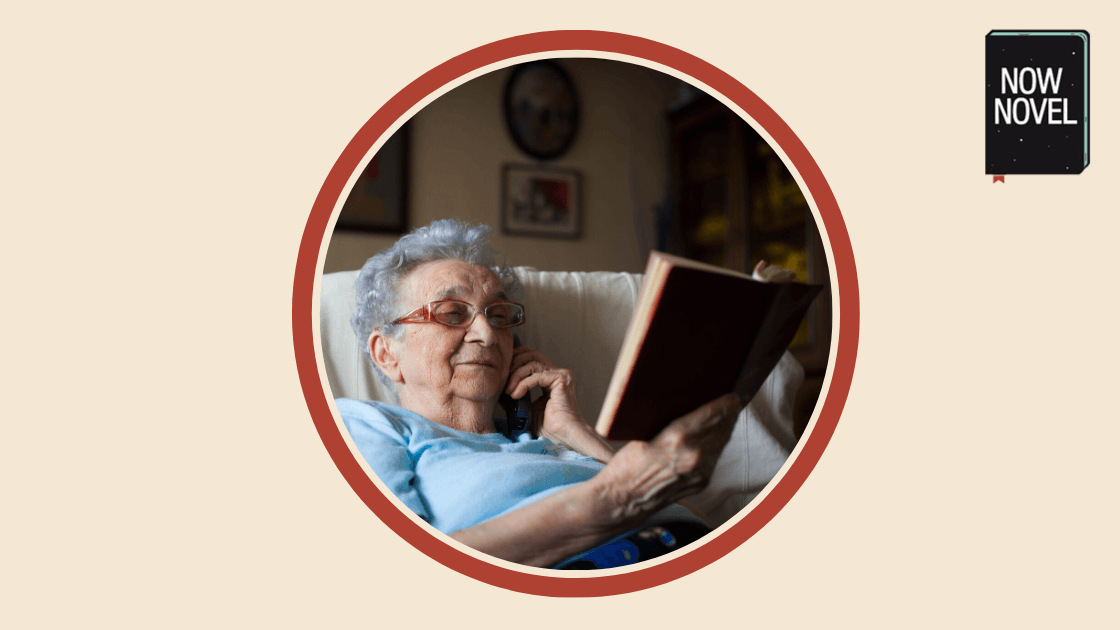
What are the elements of plot development to remember when crafting a story? Read about 7 key elements of plot:
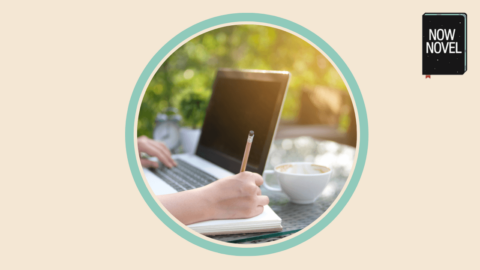
So you’ve got a book idea. There’s a story image or event teasing your imagination. How do you develop a book idea in a germinal state into something detailed, more ready to begin your draft?

What makes a good novel plot? A strong plot has many ingredients. The 5 W’s – who, what, why, where and when – change in interesting ways. Tension builds and ebbs. Read insights from 10 of the top-rated books on Goodreads:
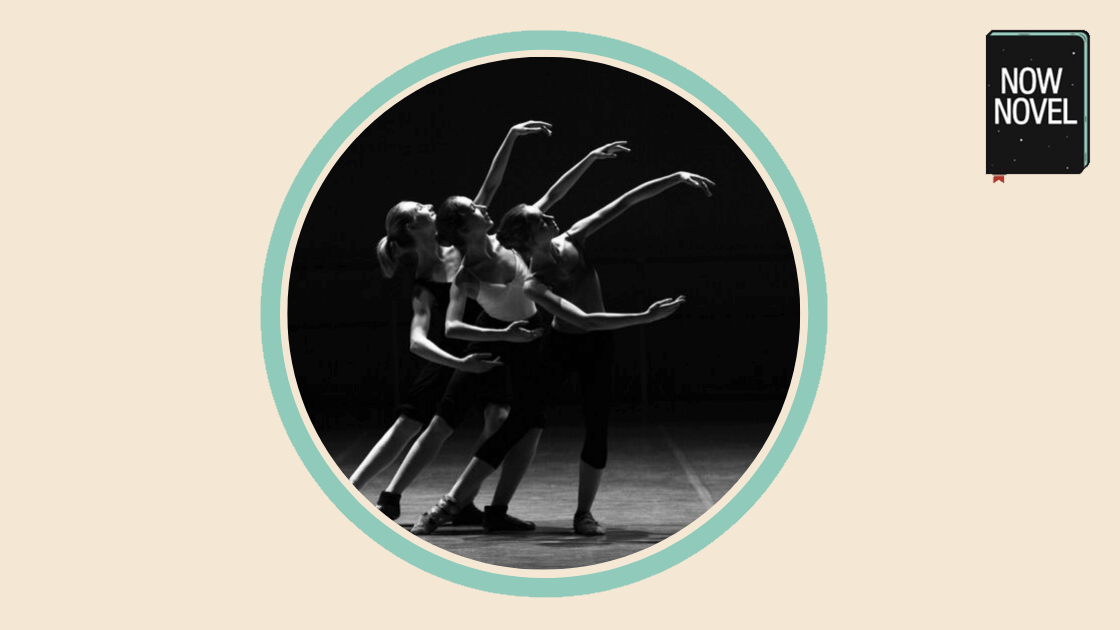
There are many different ways to plan and structure a story. ‘Three-act structure’ is one that some writers swear by and others shun. Learn what three-act structure is, why it’s controversial, and how to make it work for you if you use it to plan and write your story: